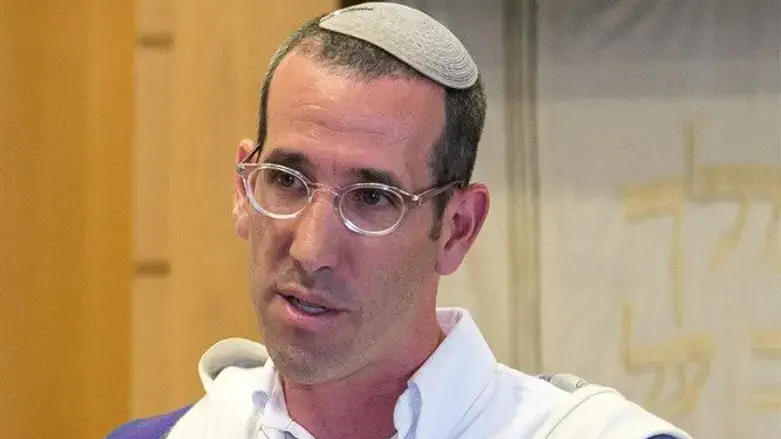
“I’m so tired,” my neighbor remarked in passing. His words were like a window to my soul. Until he said it, I had no idea how drained I was. I’m not sure any of us realized how taxing the war with Iran was, but it’s starting to sink in.
At first, the ceasefire felt like being let out of COVID lockdown. For just shy of two weeks, we lived out of our homes once again — no public gatherings, no workout centers — only essential needs were available.
When I finally surfaced from my mini-hibernation, it felt like freedom. The sun was shining, the birds were chirping and our kids were at school. What could be bad about a morning like that?
But the news of the past two weeks has not been easy. As much as we collectively breathed a sigh of relief when the rockets ceased, these 12 days took more than just an emotional toll. Israel suffered 29 civilian deaths and 3,000 injuries from Iran’s ballistic missile attacks. Each sprint to the shelter, we lied to our children while wondering if it would be our turn. And upon notification of the event’s end, we waited to learn of the damage caused.
Two hours before commencement of the ceasefire, we were awoken by air raid sirens. I knew it was going to be a long morning. It may seem odd that Iran would shoot rockets when an agreement has been reached but that’s these terrorists’ M.O. They want to kill as many Jews as possible before their time is up. And unfortunately, they did just that.
The army had sent most soldiers stationed in Israel home during the two-week conflict in case the Mullahs targeted army bases. But during the final pre-ceasefire barrages, an apartment building in Be’er Shevah was struck. Among the multiple injuries and casualties, one family lost three: a mother, a high school girl, and a soldier home for safety.
Even with all this tragic news, it all seemed to wash away as the sirens faded into the distance. With a twinge of guilt, we began to move towards normal.
Later that day, our niece came home from her army post. This is usually a cause for celebration, but her spirits were down. “It was a hard day on the base,” she told us. Her job is intake of soldier casualties. We understood the implications of her statement but it somehow didn’t feel real.
The war was over, right?
When I awoke the next morning our reality came crashing down upon me — seven soldiers were killed in Northern Gaza when an explosive hit an army vehicle.
This war is far from over.
The exhaustion washed over me. After two long years I wondered, when will it all end? When will the fighting stop? When will our hostages come home?
It’s easy to become emotionally overwhelmed and feel as if the last 12 days were for nothing. But that’s not the case. The war with Iran is already being compared to the Six-Day war, with some claiming it a greater feat. The dirty work Israel and the United States just completed made the world a markedly safer place and a weakened Iran could lead to a toppled Hamas.
In our last hours of lockdown, my eldest daughter needed help. An influencer she follows asked for an explainer on why Iran fired missiles at an American army base. My daughter wanted to offer a contrary perspective to the overwhelming anti-Israel sentiment rife in the comments.
We worked together to compose a short explanation of the last 50 years. She ended it by saying, “Contrary to what most people are writing, Israel’s goal has been — since the birth of the State — to live in peace with our neighbors. I just pray that the actions carried out by Israel and the U.S. will make it possible for me not to have to fight when I turn 18, and that I get to live my teenage years in peace.”
Amen.
The writer is a rabbi, a wedding officiant, and a mohel who performs britot (ritual circumcisions) and conversions in Israel and worldwide. Based in Efrat, Israel, he is the founder of Magen HaBrit, an organization protecting the practice of brit milah and the children who undergo it.